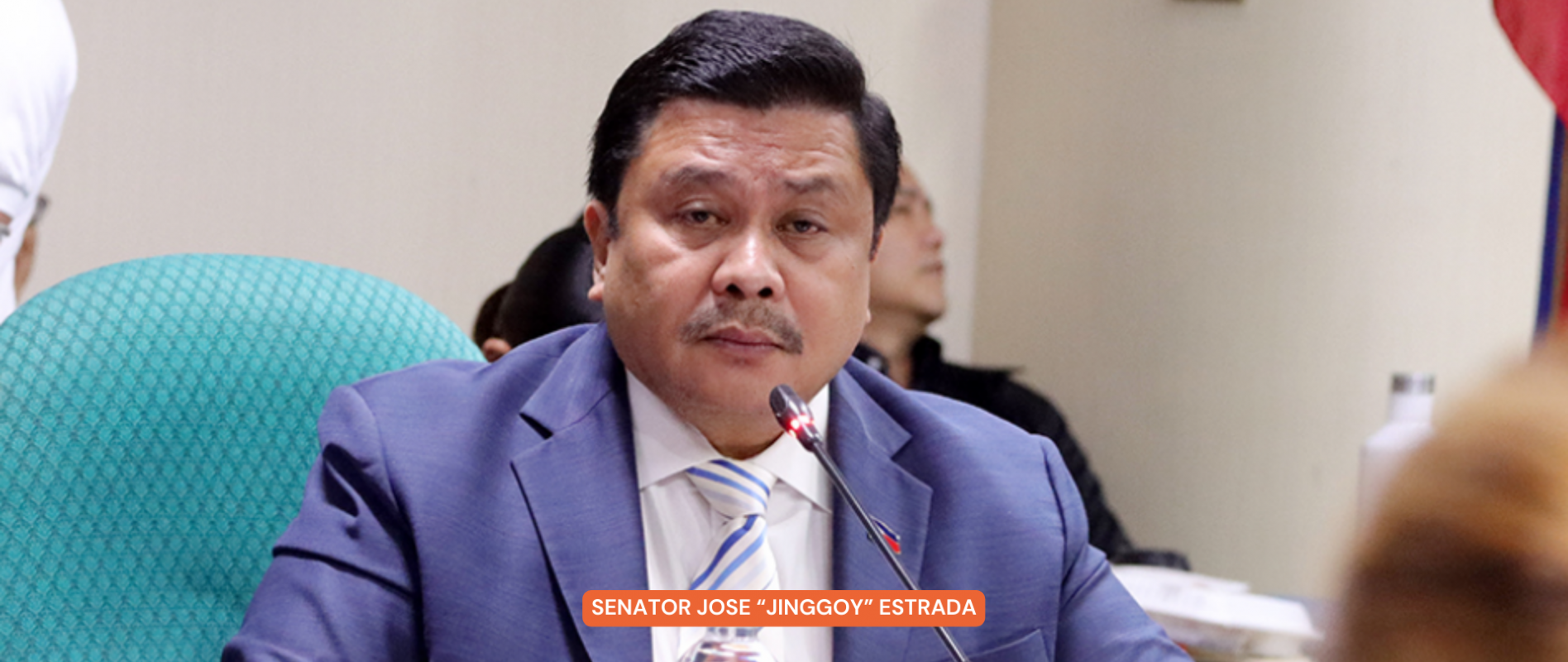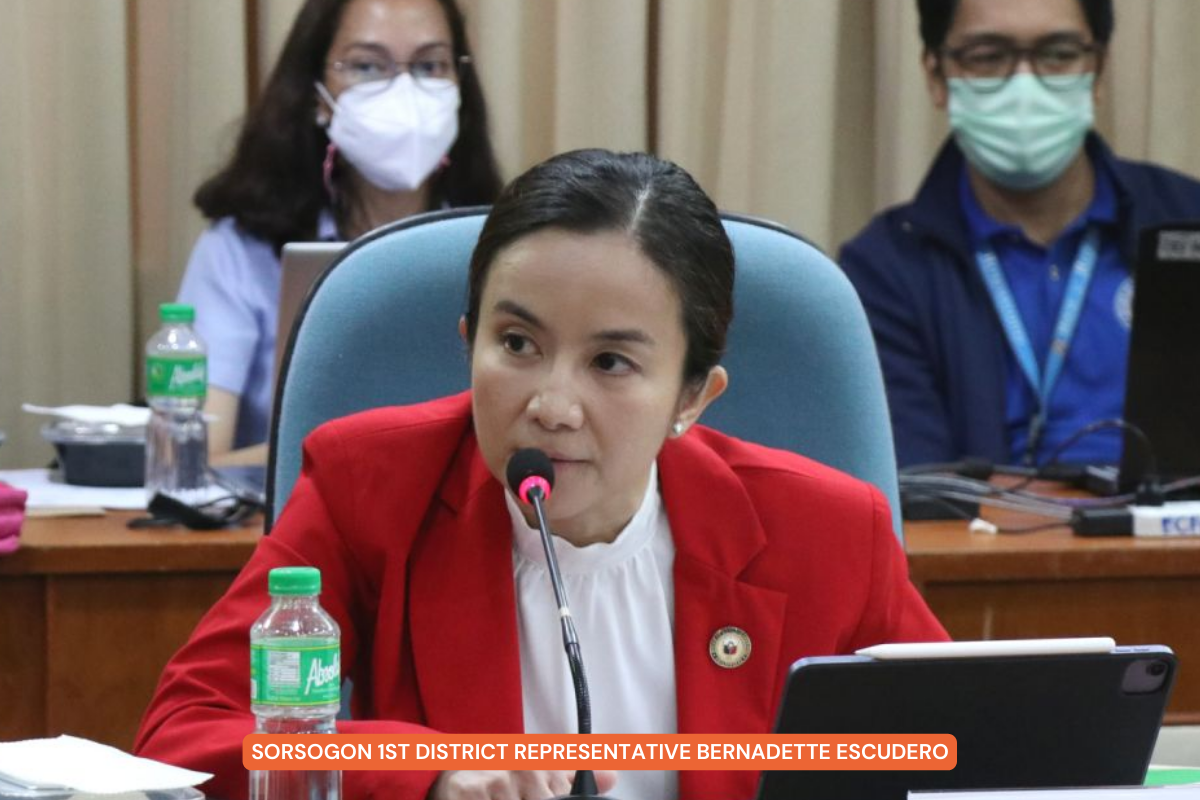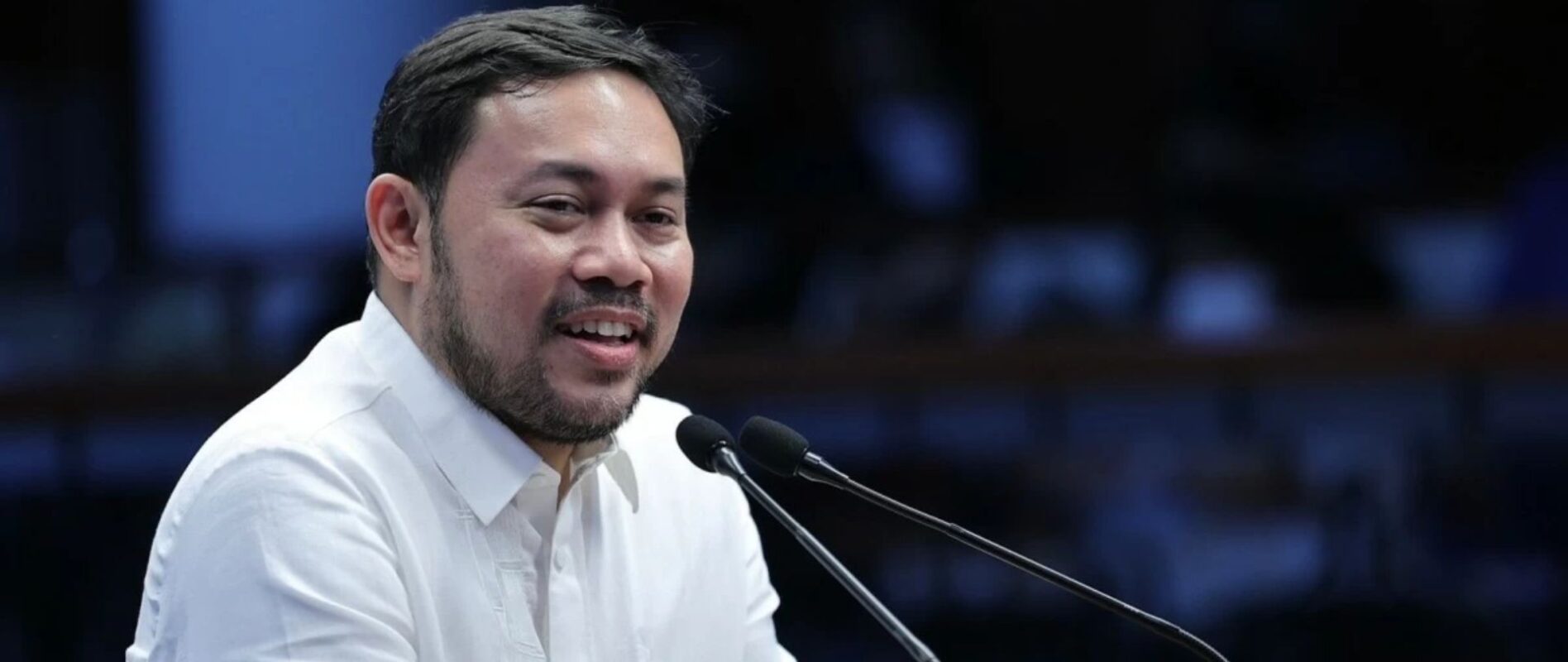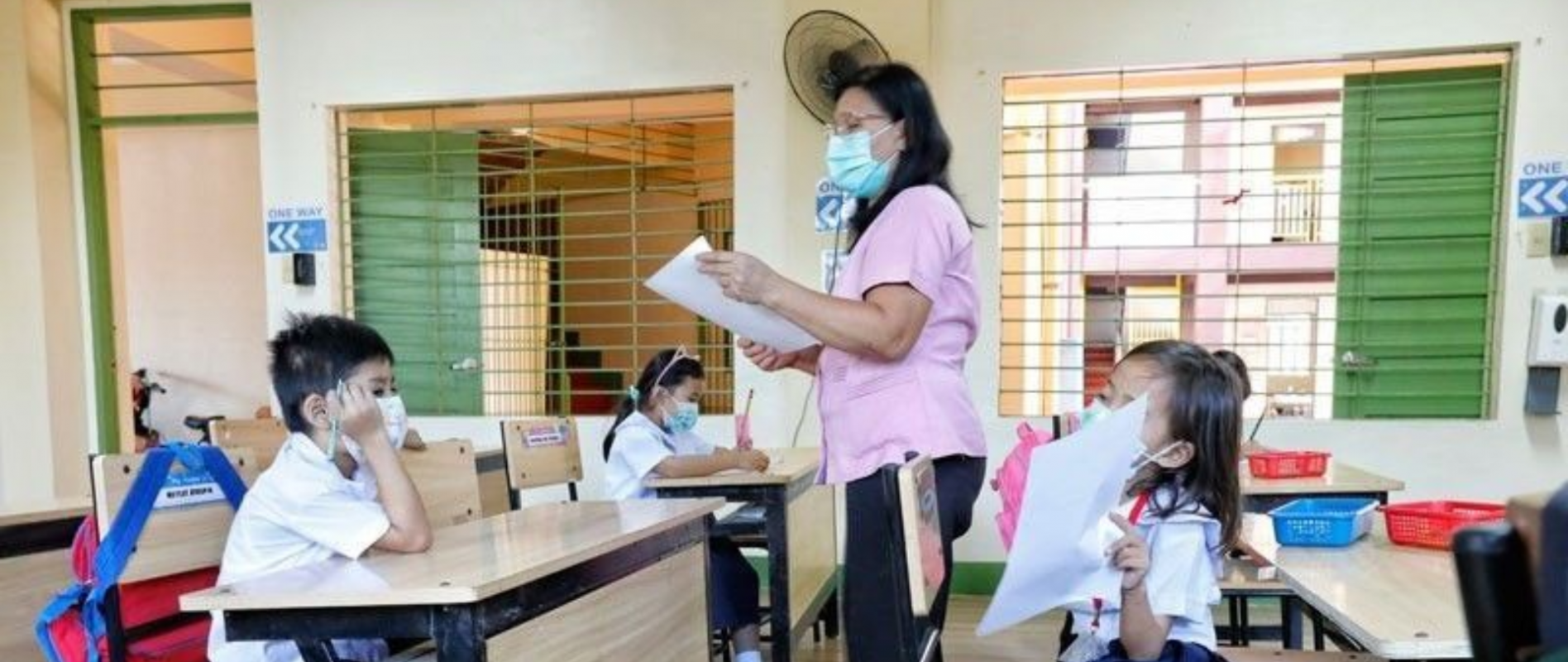CLASSROOM-BUILDING ACCELERATION PROGRAM TO ADDRESS 146K CLASSROOM SHORTAGE
/ 16 November 2025
SENATOR Jinggoy Estrada expressed full support for the proposed Classroom-Building Acceleration Program or CAP Act, saying the measure is essential to resolving the country’s long-standing classroom shortage, which the Department of Education estimates at 146,708 classrooms as of October 2025.
“Our schools are the ‘second home’ of our children,” Estrada said. “But despite our recognition of this reality, the lack of classrooms and the poor condition of existing ones have persisted for years.”
Citing data from School Year 2022–2023, Estrada identified the regions with the most severe classroom deficits: Region IV-A (Calabarzon) with 31,002 classrooms; the National Capital Region with 24,874; and BARMM with 13,237.
He also reiterated the findings of the Second Congressional Commission on Education or EDCOM II, which reported a classroom backlog of 165,000 in 2023, with only 30% of school buildings in good condition.
Estrada said ongoing government programs—including the Public-Private Partnership for School Infrastructure Program, the leasing of unused private school buildings, and the administration’s plan to build 2,000 classrooms by 2026—continue to face delays and implementation challenges.
PSIP I experienced setbacks due to problems in consultant procurement and local permit issuance, while PSIP II encountered project delays flagged by the Commission on Audit.
He noted that the Department of Public Works and Highways constructed only 22 classrooms for 2025 out of its target of 1,700.
“If the government continues to allocate only ₱24 billion annually, it will take 20 years to close the gap,” Estrada warned.
The proposed CAP Act aims to accelerate classroom construction by establishing long-term guidelines and funding mechanisms; authorizing LGUs and CSOs to undertake classroom building; setting cost ceilings and construction standards; and strengthening monitoring, accountability, and transparency.
Estrada emphasized that the bill is built on collaboration among DepEd, LGUs, and civil society—an approach he described as bayanihan in action.














